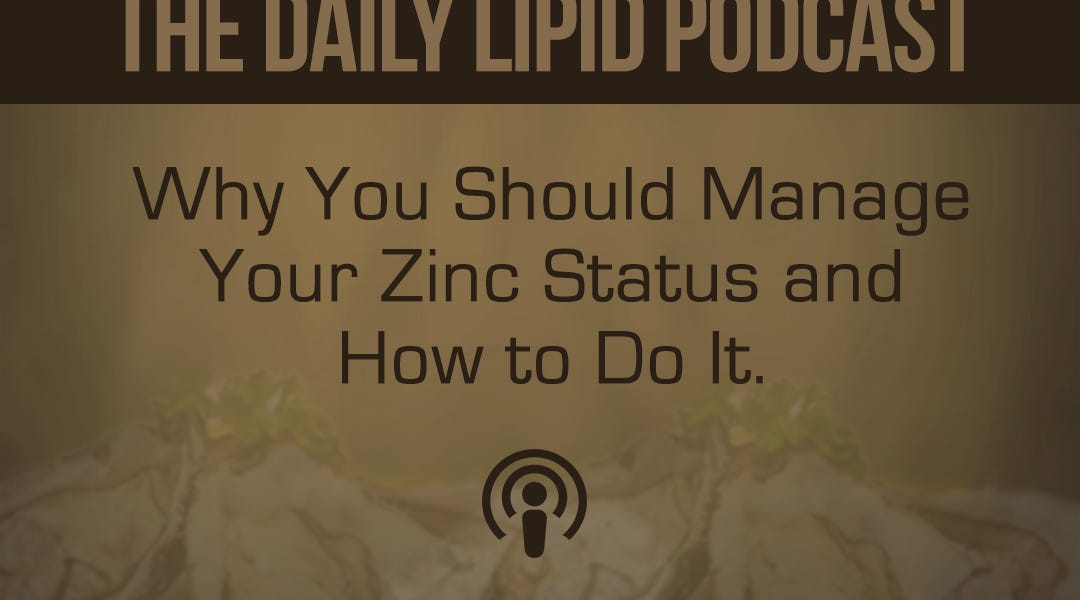I have been on and off zinc 50mg daily. My GP told me that I am taking a toxic dose (50mg daily)
I notice that when I take the zinc my chronic sinus infections vanish, and then return shortly after stopping.
Also, my lymphocytes are typically low, but after starting the zinc they returned to normal.
So I am curious if others on here are on daily zinc long term and if copper is necessary at the 50mg dose
I notice that when I take the zinc my chronic sinus infections vanish, and then return shortly after stopping.
Also, my lymphocytes are typically low, but after starting the zinc they returned to normal.
So I am curious if others on here are on daily zinc long term and if copper is necessary at the 50mg dose


















